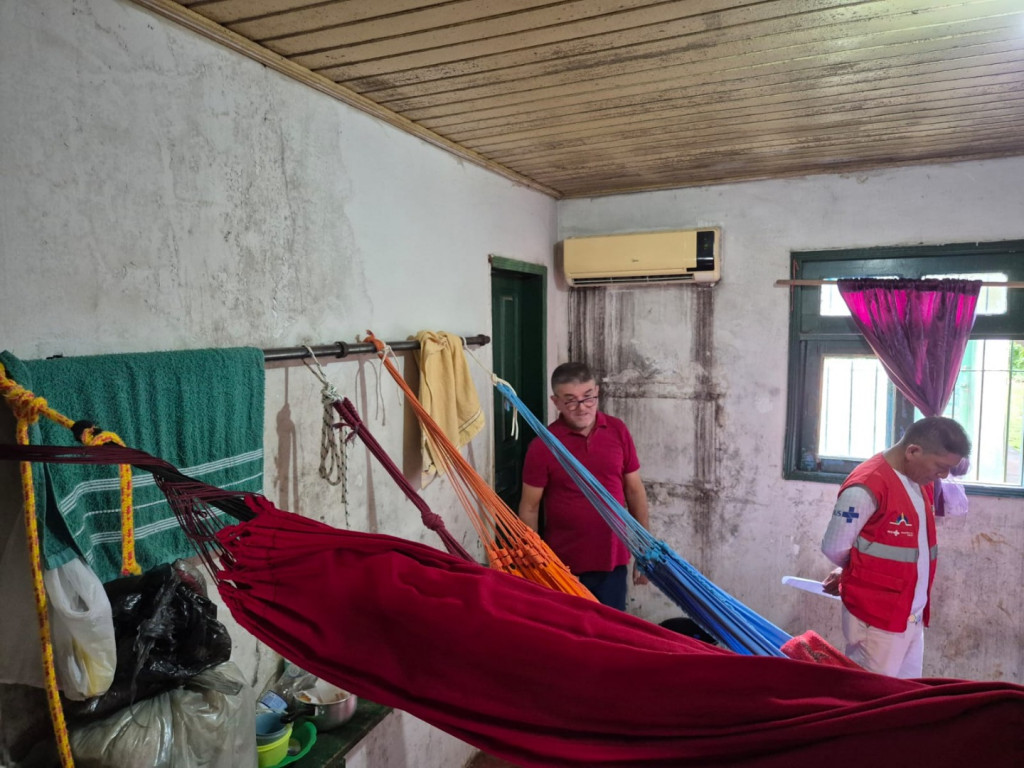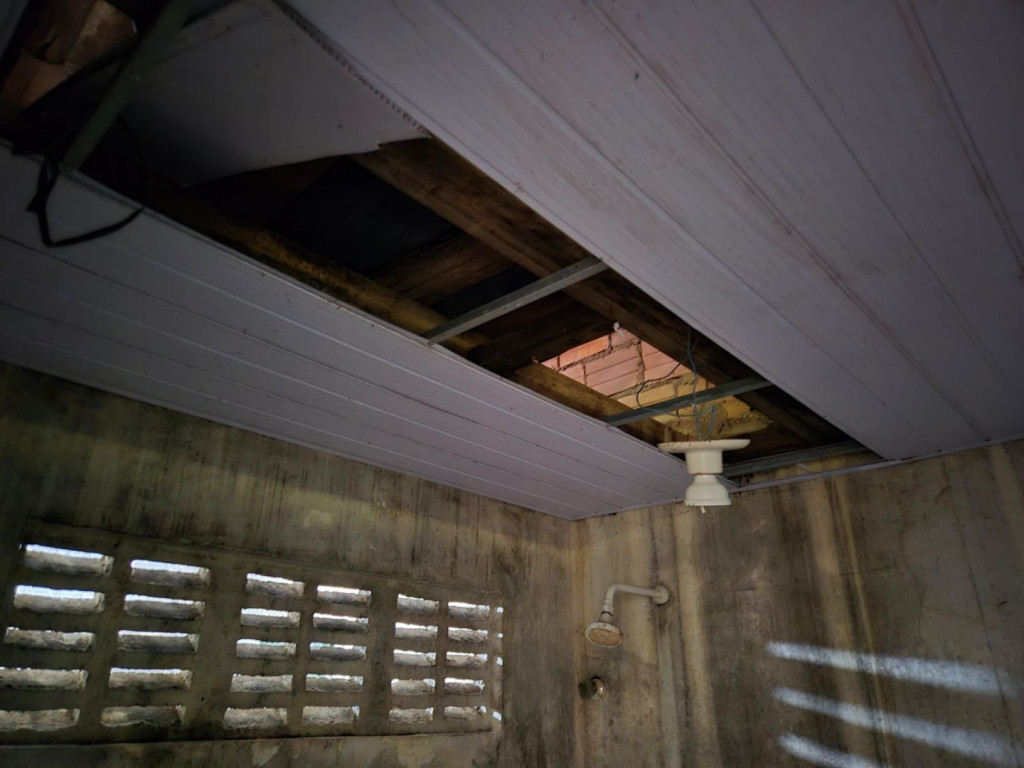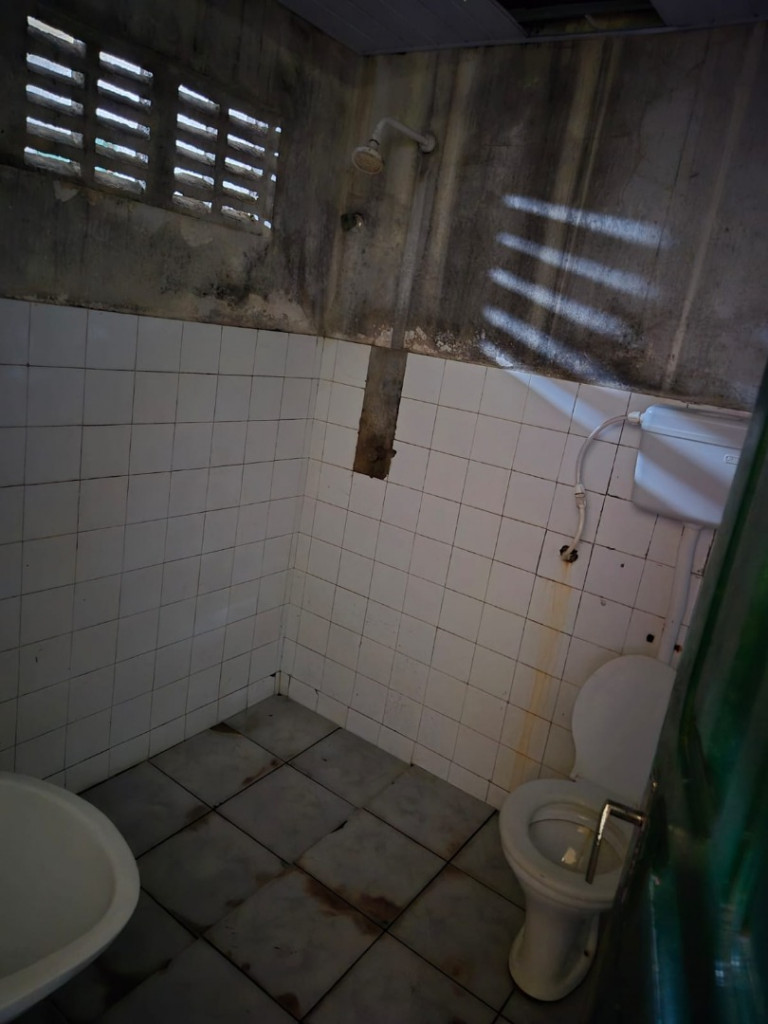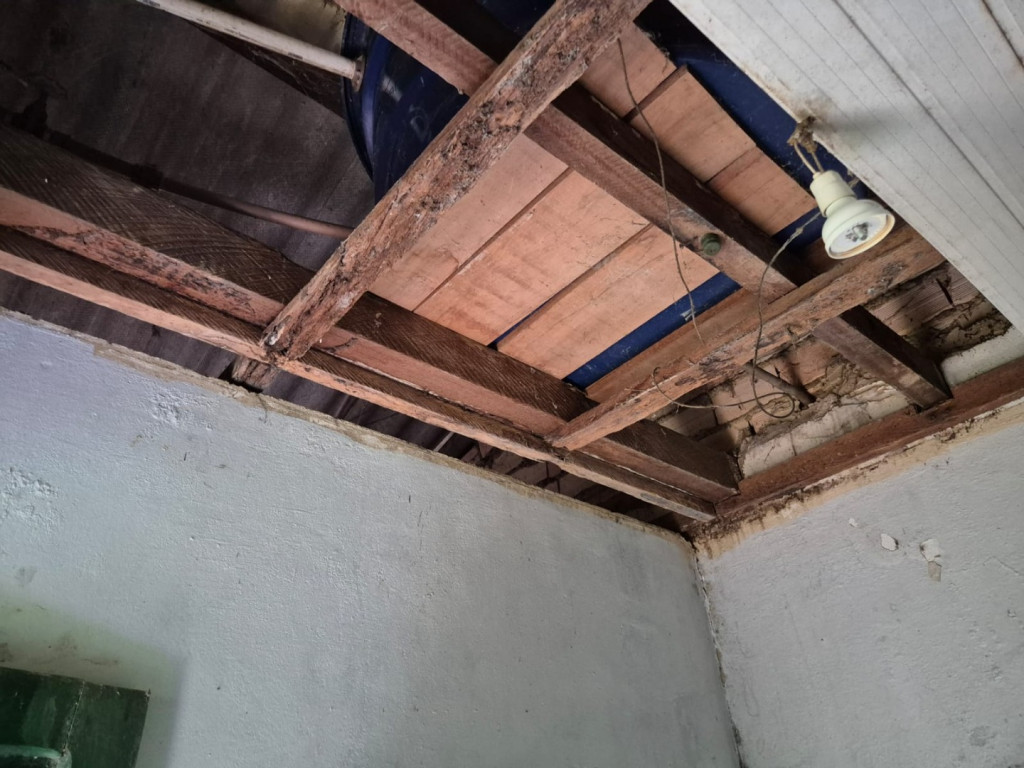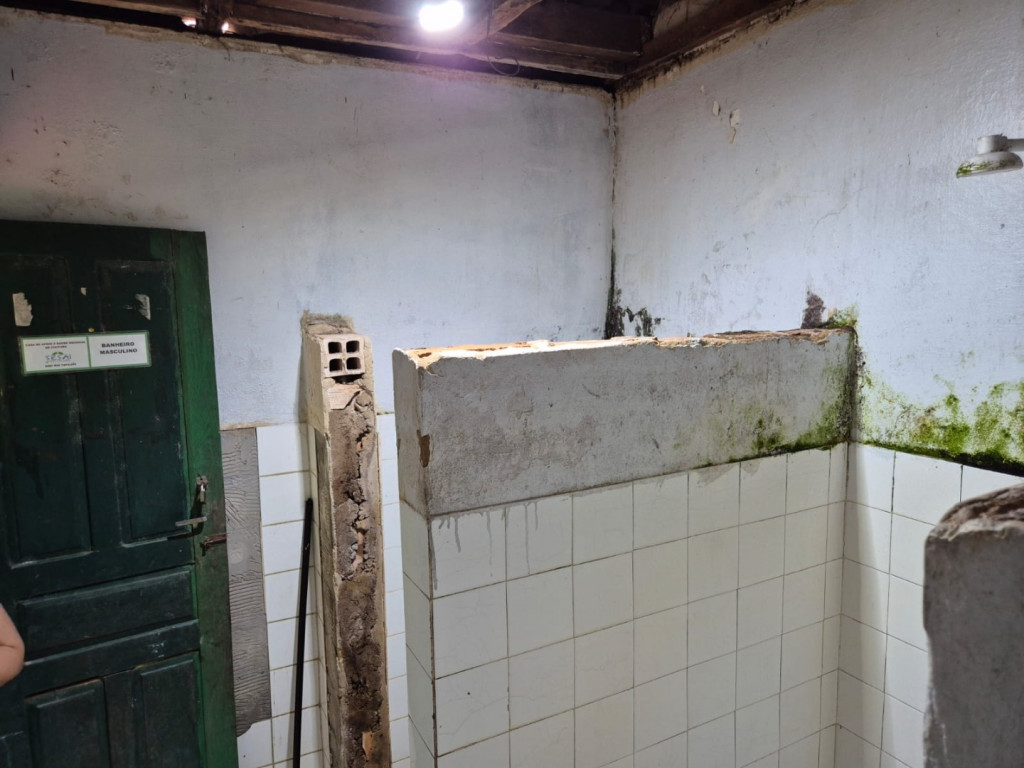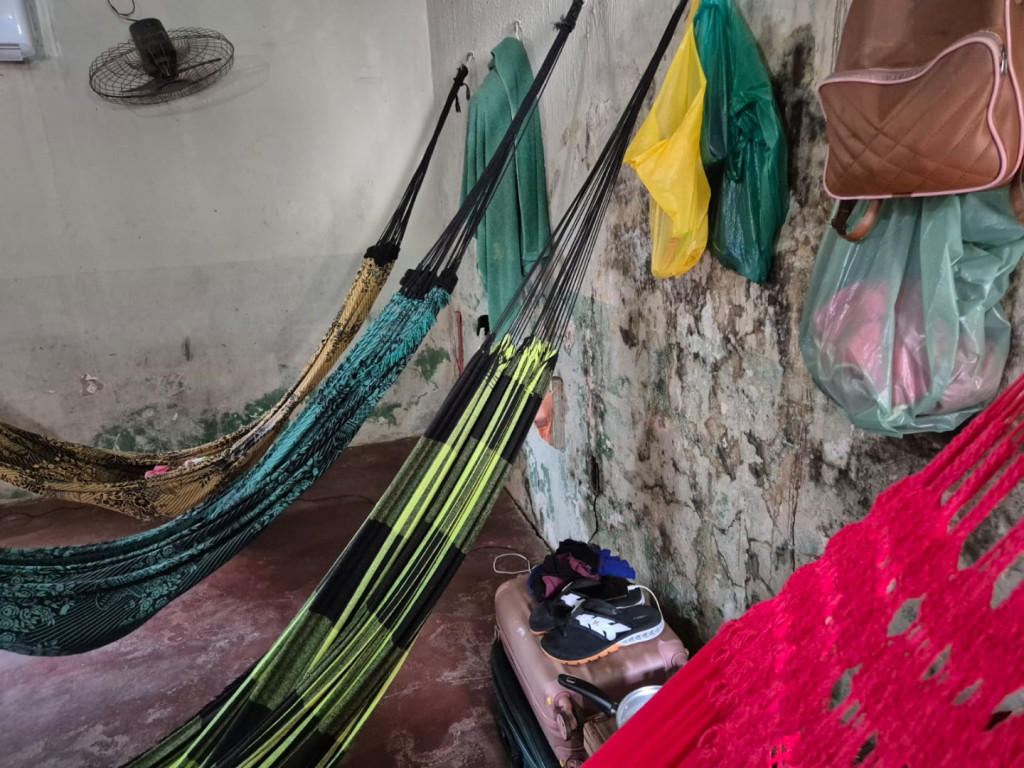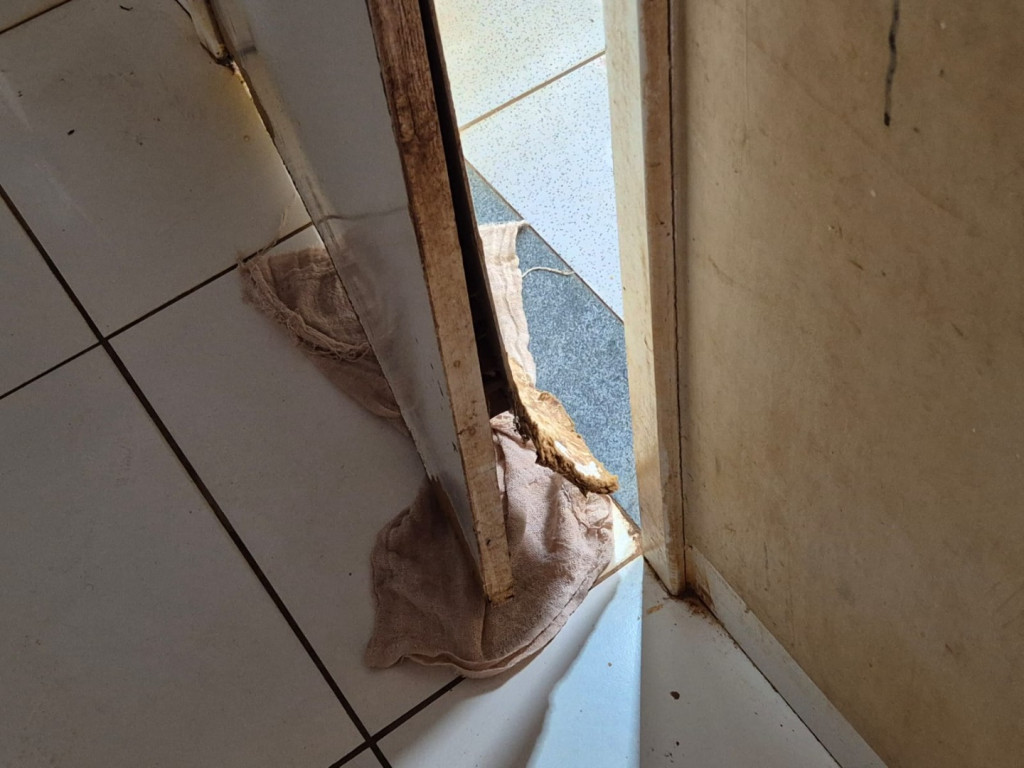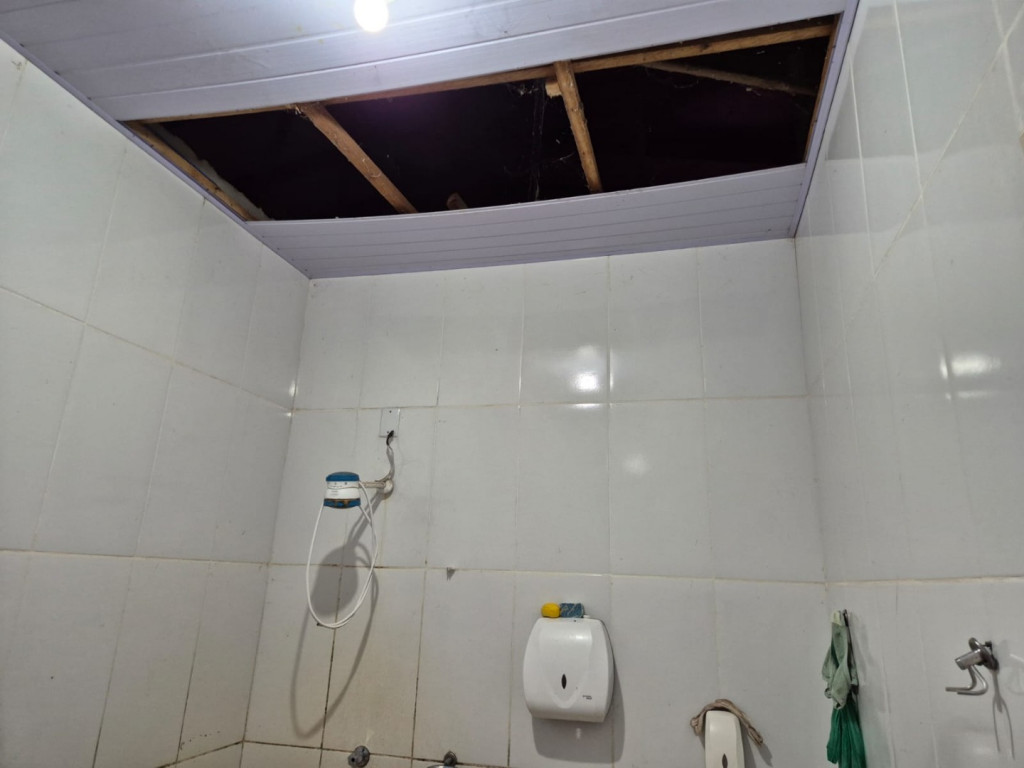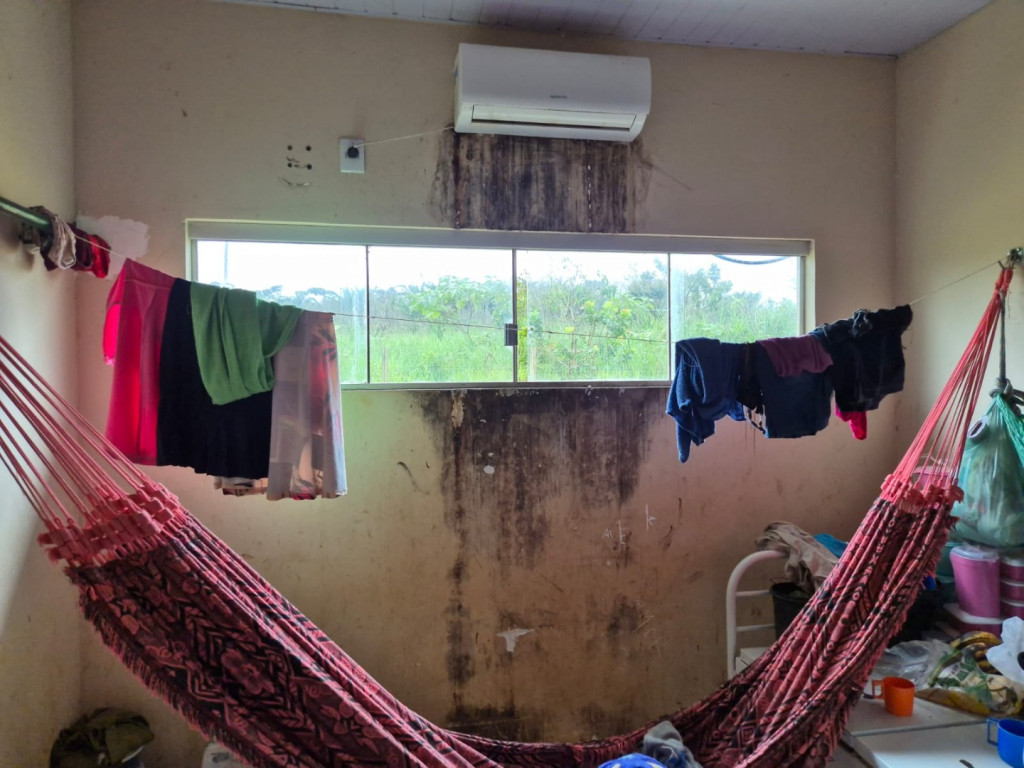Indigenous Health Houses in COP30 host state have precarious infrastructure
02 de April de 2025
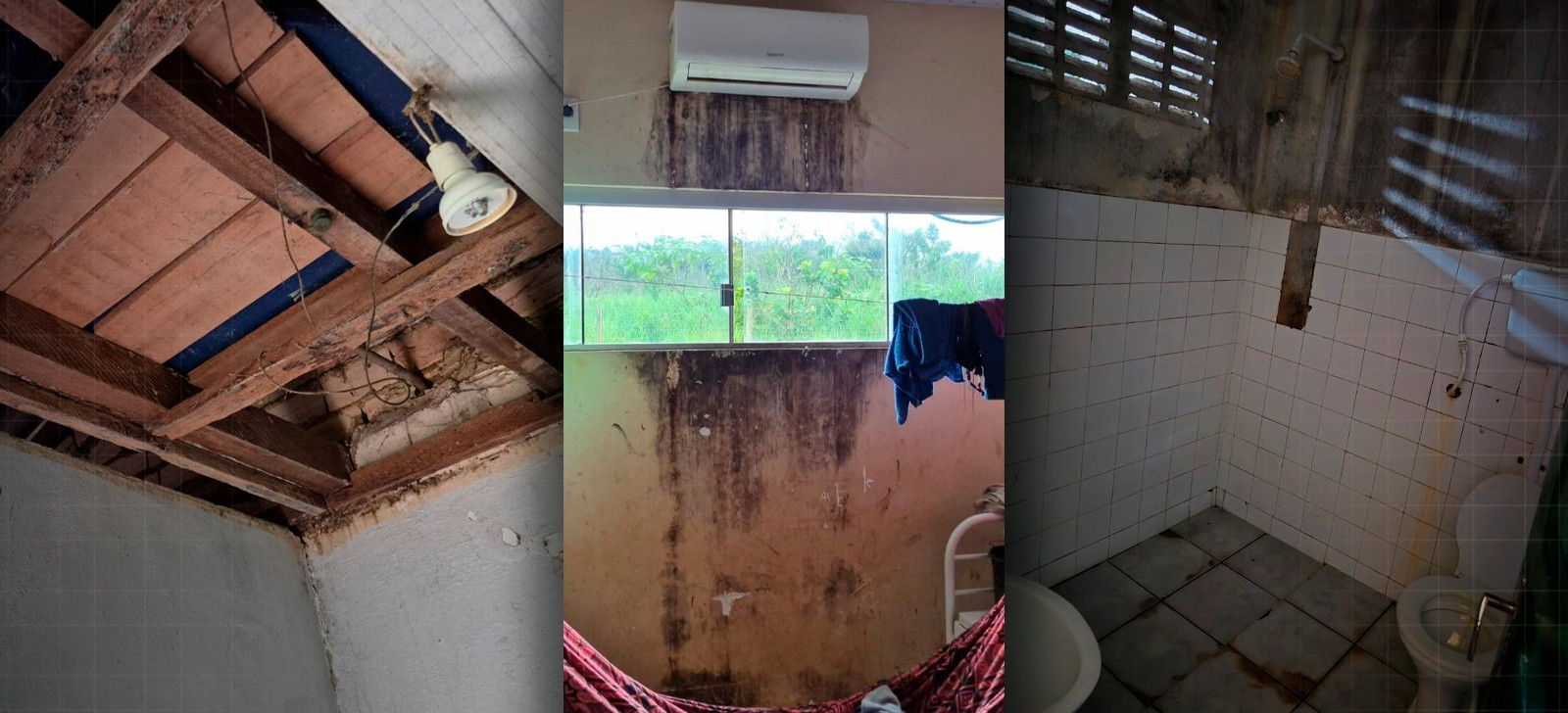
By Fabyo Cruz – From Cenarium
BELÉM (PA) – Precarious infrastructure, leaks, electrical failures, and difficulties in patient transport are some of the issues identified by the Federal Public Prosecutor’s Office (MPF) at the Indigenous Health Support Houses (Casais) in Itaituba and Jacareacanga, municipalities located in the southwestern region of Pará, last week. Speaking to CENARIUM, Prosecutor Thaís Medeiros da Costa stated that measures will be taken to ensure improvements.
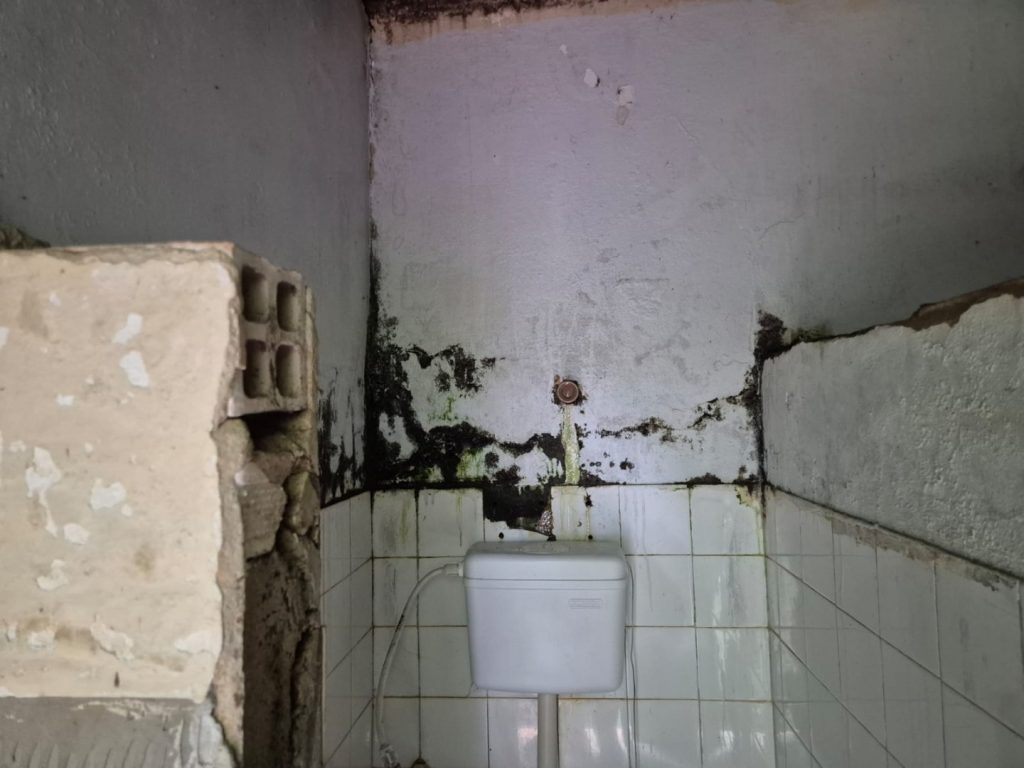
The Indigenous Health Houses in Itaituba and Jacareacanga serve as shelters and support centres for indigenous people who need to leave their villages for medical treatment. According to Thaís Medeiros, the poor condition of the buildings and the lack of proper support for indigenous healthcare in the region are concerning.
“We have identified a series of structural irregularities, particularly in the Itaituba House, which is older and has never undergone extensive renovations since 2002. This compromises patient care,” the prosecutor highlighted. The MPF is preparing reports to propose corrective measures and organise meetings with authorities to discuss the situation of the Out-of-Home Treatment (TFD) programme under the Unified Health System (SUS).
See photos of the Itaituba Casai:
Inspection
The inspection at the Itaituba Indigenous Health Support House took place on 25 March and included the presence of the coordinator of the Special Indigenous Sanitary District (Dsei) Rio Tapajós, Haroldo Saw Munduruku, and the head of the Regional Coordination of the National Foundation for Indigenous Peoples (Funai) in Itaituba, Hans Kaba Munduruku.
The Casai headquarters has been operating for 23 years and has never undergone significant renovations. Structural issues such as leaks, mould, electrical system failures, thermal discomfort in dormitories, lack of accessibility, and unplastered rooms were identified.
“The building was handed over to the health system in 2002, and since then, it has not undergone any major refurbishment. As a result, the structure does not provide comfort or security for the indigenous people who need accommodation during medical treatment. There are leaks, electrical problems that cause appliances to burn out, and substantial thermal discomfort, especially in the accommodations,” stated Thaís Medeiros.
She also explained the difficulty in securing funding for renovations due to legal uncertainties regarding ownership of the building. “There is a lack of clarity regarding the official transfer of the property to the health system, which prevents the allocation of funds for revitalisation. Our first step will be to regularise this situation so that we can then demand the necessary structural improvements,” she added.
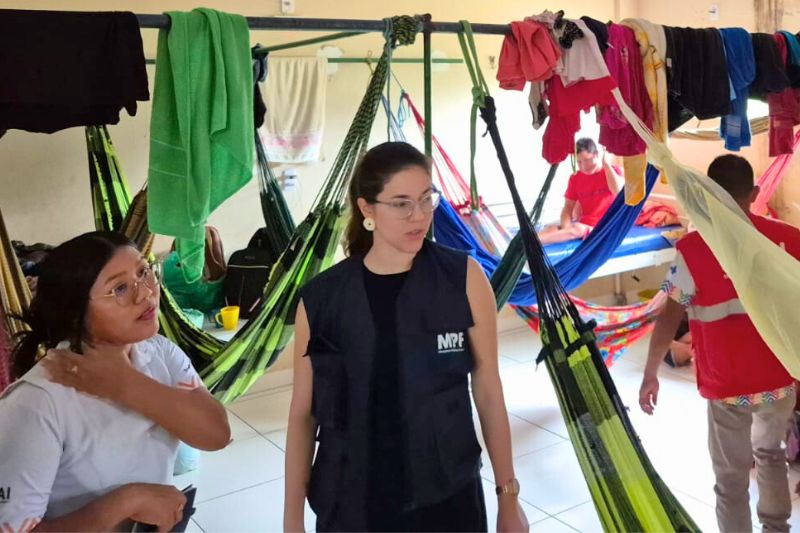
The inspection at the Jacareacanga Casai took place on 27 March, with the participation of indigenous leaders and representatives from Dsei Rio Tapajós and Funai. The unit, inaugurated in 2021 with compensation funds from the São Manoel hydroelectric plant, also showed structural problems such as cracks, electrical failures, and a lack of wheelchairs and bath chairs.
Additionally, there were reports of damage to electrical appliances caused by power fluctuations. Renovation of the building is planned for this year, but no schedule has been defined yet. “Although the structure is more recent, we found significant flaws, particularly in the electrical system. We have already contacted those responsible to ensure that repairs are carried out within the project’s warranty period. We will monitor to ensure the corrections are made as soon as possible,” the prosecutor shared.
See photos of the Jacareacanga Casai:
Challenges in Transport
Thaís Medeiros also highlighted the difficulties in transporting indigenous patients, particularly due to the challenging access to villages in the region. “Both Itaituba and Jacareacanga have isolated communities with difficult access. Often, transportation is not properly carried out due to a lack of municipal support, which ends up compromising medical care,” she said.
Thaís Medeiros also emphasised the importance of involving municipalities in solving the problem. “We will call upon the municipalities to provide justifications for the lack of support in the TFD programme and discuss strategies to ensure the adequate transport of indigenous people who require treatment outside their villages,” she concluded.
Regarding the next steps, the prosecutor stated that the MPF will demand action both for the legal regularisation of the Itaituba building and for the necessary renovations in Jacareacanga. CENARIUM is seeking contact with the official communication channels of the Jacareacanga and Itaituba municipal governments and remains available to hear their responses.


